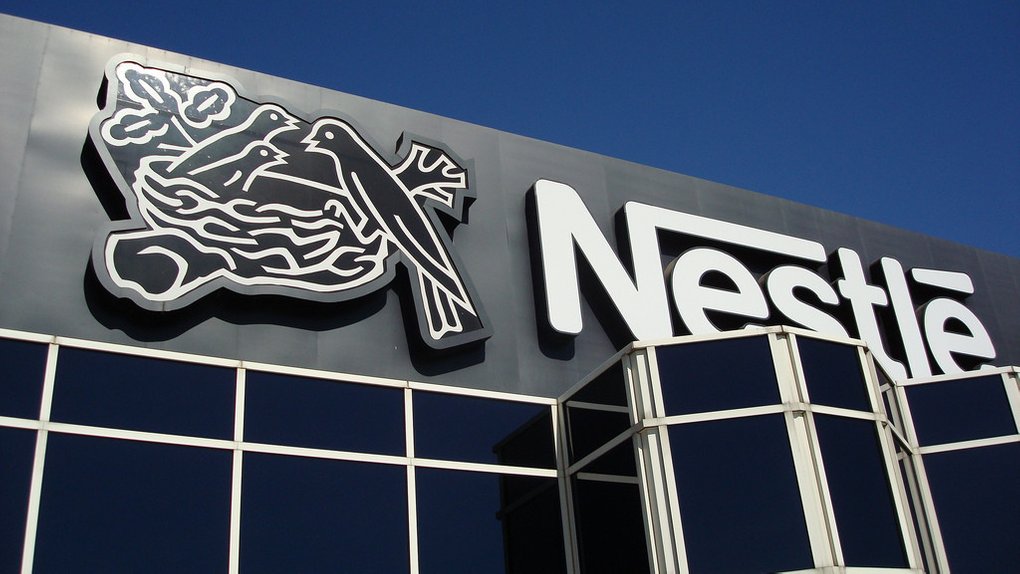At YourDailyAnalysis, we note that Nestlé has entered one of the most significant phases of restructuring in recent years. Newly appointed CEO Philipp Navratil announced the reduction of 16,000 jobs, representing around 5.8% of the company’s global workforce. This step marks a central part of a broader recovery program aimed at reducing costs and restoring investor confidence.
Our analysts at YourDailyAnalysis emphasize that Nestlé’s leadership has raised its cost-saving target from 2.5 billion to 3 billion Swiss francs by 2027. The market responded positively – the company’s shares surged 8% in early trading, signaling investor optimism about this new phase of business revitalization.
Navratil, who took over following a series of management shake-ups, stated that of the 16,000 job cuts, 12,000 would affect white-collar positions, while another 4,000 would come from manufacturing and supply chain divisions. According to him, the goal is to create “an organization where results are rewarded and winning is expected” – reinforcing a culture of high performance.
At YourDailyAnalysis, we observe that Nestlé is under pressure on several fronts – rising debt levels, increased U.S. import tariffs, and intensifying competition across key segments including coffee, confectionery, and beverages. However, third-quarter results offer cautious optimism: real internal growth rose 1.5%, exceeding analyst expectations by fivefold.
The company is also conducting strategic reviews of low-margin segments – particularly vitamins, supplements, and premium beverages. Nestlé reaffirmed its 2025 outlook, projecting organic sales growth and an operating margin of 16% or higher, despite the 39% U.S. tariffs imposed on Swiss goods.
Chief Financial Officer Anna Manz acknowledged that the company’s previous focus in China was on expanding distribution rather than stimulating demand. Now, the strategy is shifting – from expanding retail presence to improving efficiency and deepening consumer engagement.
At Your Daily Analysis, we see Nestlé’s current moves not merely as a restructuring effort, but as the start of a deeper cultural transformation. The success of Navratil’s turnaround program will be a defining factor not only for the company’s 2025–2027 financial performance but also for its long-term global competitiveness.
Previously, we covered how the rising dollar and consumer spending could reshape the Fed’s strategy, and analyzed the $274 million case against Netflix and its potential impact on Australia’s media market.















